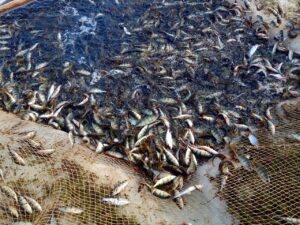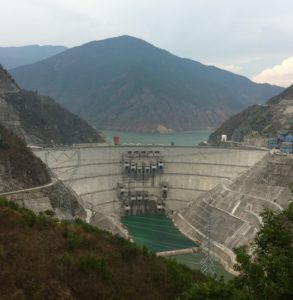Featured News
Ecuador Navy patrols huge Chinese fishing fleet near Galápagos Islands

Ecuador’s navy is currently conducting extensive surveillance on approximately 270 Chinese fishing vessels operating just outside its Exclusive Economic Zone (EEZ) near the Galápagos Islands. The Galápagos Marine Reserve, one of the largest marine protected areas (MPAs) in the world, is a UNESCO heritage site and a biodiversity hotspot. While such fishing practices in the high seas are not technically illegal, they can overwhelm vulnerable ecosystems by overexploiting marine species which travel into international waters.
Distant water fishing fleets are known to linger just outside another country’s EEZ to fish in international waters and evade coastal state’s management regimes. This is an ongoing problem worldwide, and Chinese vessels are known to come to the Galápagos every year. The fleet currently operating outside the Galápagos’ territorial waters is estimated to be the one of the largest in recent years, at an estimated 260 vessels. While legal, fishing outside of the reserve is largely unregulated, and the Ecuadorian Navy has increased patrols due to past issues with illegal fishing inside the EEZ and protected Marine Reserve.
China has recently agreed to allow the Ecuadorian Navy to supervise its vessels, without elaborating on what supervision includes, yet the ongoing problem has stirred diplomatic tensions between China, Ecuador, and the United States. U.S. Secretary of State Mike Pompeo stated that China “routinely violates the sovereign rights and jurisdiction of coastal states, fishes without permission, and overfishes licensing agreements,”. This provoked a response from China’s Ministry of Foreign Affairs suggesting that the U.S. has no right to interfere in China’s bilateral relations with Ecuador on fishing policy when it hasn’t ratified the UN Convention on the Law of the Sea (UNCLOS). China and Ecuador came to an agreement regarding illegal fishing: China will ban fishing by its vessels in the Galápagos from September to November. The issue is complex, raising additional questions about adequate fisheries management and enforcement on the high seas as well as the intertwined implications of economic development by China in Latin America.
Over a quarter of Bangladesh has flooded, destroying millions of lives

Only two months after Cyclone Amphan tore through southwest Bangladesh, torrential rains have flooded more than a quarter of the delta nation. An estimated 24 to 37 percent of the country remains submerged after intense rains led to severe flooding along the River Brahmaputra, destroying homes, belongings, and livelihoods. The floods have ruined an estimated one million homes, impacting 4.7 million people and claiming the lives of at least 100 people, most of them children.
Over the past several years, Bangladesh has seen a significant rise in flooding. Officials note that the flooding this year may be the worst in a decade and the longest-lasting since 1988. In addition, the Cyclone Amphan has exposed the growing vulnerability of low-lying coastal countries such as Bangladesh to the climate crisis. Coastal areas, already stressed by pollution, storms, and urban expansion, are on the front lines of flood impacts. The increasing intensity and regularity and flood events have also hindered resilience-building efforts. At the time of this month’s floods, many flood protection structures, such as embankments and dykes, were already damaged from monsoon floods from previous years.
The need for targeted climate finance in coastal areas is more apparent now than ever, particularly in high populated areas such as cities. While progress has been made, climate adaptation and resilience funding remain inadequate for the world’s poorest and most vulnerable countries and communities. These recent events in Bangladesh demonstrate the need for targeted resilience investment which not only integrate flood protection measures, but also build resilience in vulnerable communities to safeguard their lives and livelihoods.
Mauritius Oil Spill Devastates Marine Ecosystems

On July 25, the oil tanker MV Wakashio hit a coral reef near Blue Bay Marine Park off the East African coastal island state of Mauritius. The Japanese-owned bulk carrier ship, reportedly carrying 4,000 tons of fuel oil, began seeping oil and has since broken in two. The oil spill has grown to cover an area of over 10 square miles, devastating coral reefs, lagoons, mangrove forests, and the nearby coastal wetlands. The Prime Minister of Mauritius Pravind Jugnauth has declared a state of emergency and is appealing to the international community for aid. However, others have criticized the Mauritius government for not reacting quickly enough to this ecological disaster.
Like many island nations, Mauritius is heavily reliant on its natural habitat for its economic security. The island’s rich environment is a key attraction for the 1.3 million visitors in 2019. Blue Bay Marine Park is a renowned diving area, with 40 types of coral and over 70 species of fish. While the country has been successful in reducing the spread of the coronavirus locally, the suspension of international flights has battered its tourism-dependent economy.
This story also highlights the unique role the environment plays in the economic security of many Small Island Developing States (SIDS). Mauritius, like many SIDS, is classified as a upper-middle income economy and as such can lack access to climate adaptation funds which are reserved for the least-developed economies. However, SIDS are often heavily reliant on ecological endowments, and any environmental shock, such as an oil spill or extreme storm, can have lasting impacts on their economic security. With the worsening climate crisis and continued ecological damage caused by human activity, the international community must do more to ensure scarce resources are directed to the most vulnerable nations, so that smart investments can be made to build resilience.
In Case You Missed It
Chinese Fishing Near North Korea Is a Symptom of a Bigger Problem
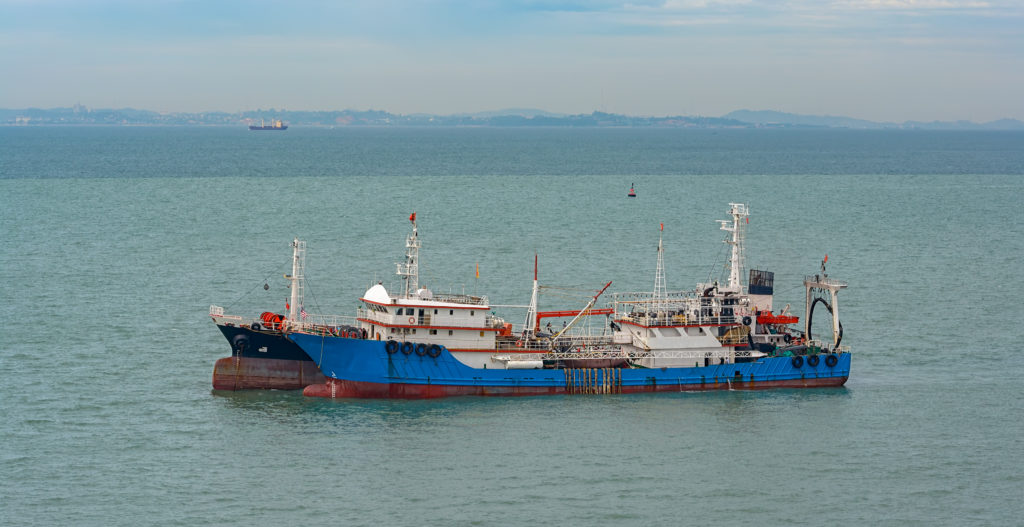
A report published in Science Advances found that roughly one third of China’s official, commercial distant water fishing (DWF) fleet has been conducting illegal fishing operations in North Korean waters. This activity is in direct violation of an 2017 UN Security Council resolution that explicitly bans any transactions involving North Korean seafood. Despite claims by the Chinese government that they have prohibited such activity by their fleets, several cases have been documented of Chinese fishing vessels holding fishing licenses in North Korea.
These events not only highlight implementation gaps in the sanctions regime against North Korea, they are also indicative of the larger problem of illegal, unreported, and unregulated (IUU) fishing, which threatens the long-term sustainability of fisheries resources, as well as the economic, environmental, and food security of coastal communities. For more about this report and its implications, see our Director Sally Yozell’s op-ed with Stimson colleague Jenny Town, published in The Diplomat.
China’s demands for special status a sticking point in WTO fishing subsidies negotiations
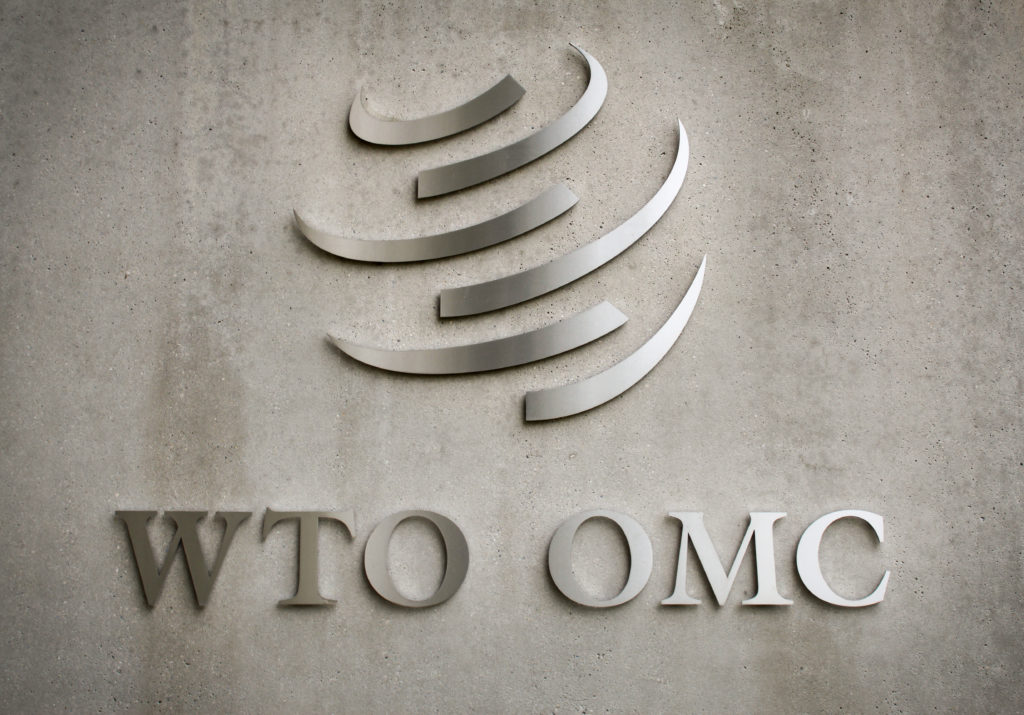
WTO talks on ending harmful fishing subsidies resumed at the end of July, and a return to full negotiations is expected in September 2020. The goal of the talks is to reach a deal that targets illegal, unreported, and unregulated (IUU) fishing by eliminating subsidies that lead to the overexploitation of fish stocks and the overcapacity in distant water fishing (DWF) fleets. Without such subsidies it is estimated that half of high-sea fishing grounds would not be economically viable.
While there are hopes that a deal can be reached before the deadline at the end of the year, a resolution must be reached on the major issue of which nations qualify for special and differential treatment (SDT). China, the largest DWF nation, is seeking SDT status, but the U.S. Ambassador to the WTO, Dennis Shea, opposes that position, arguing that it would undermine any deal intended to end harmful subsidies.As negotiations begin in earnest in September, resolving this impasse is crucial to securing an agreement.
Grand Ethiopian Renaissance Dam (GERD) begins to fill
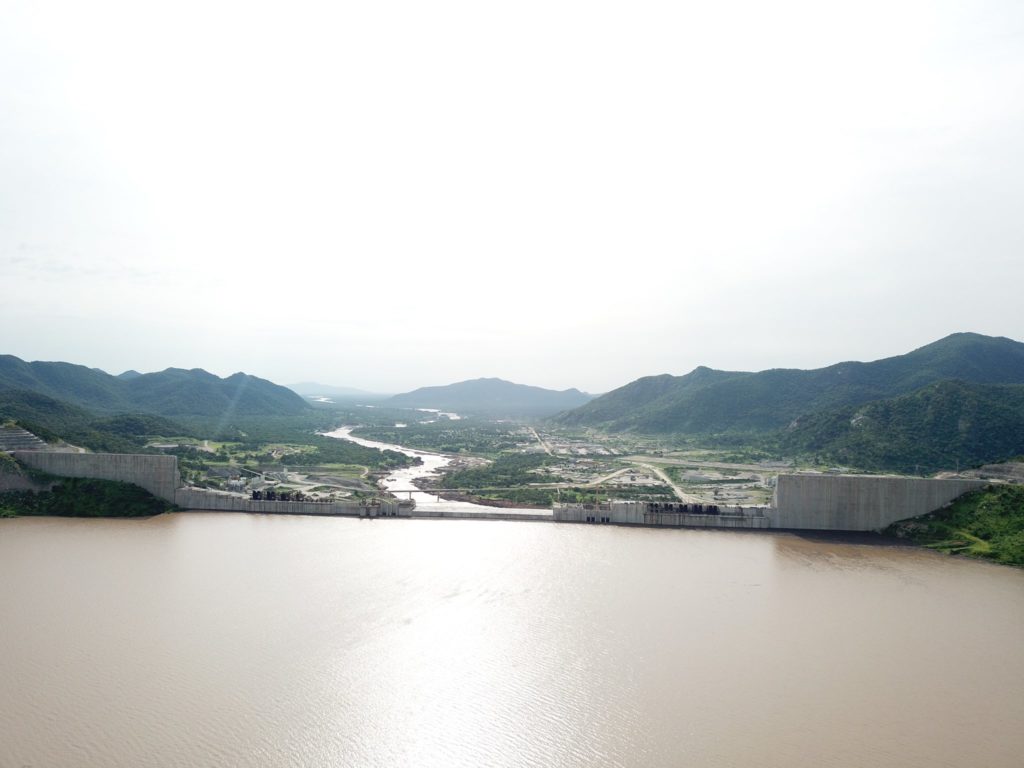
Tensions between Egypt, Sudan, and Ethiopia over the Grand Ethiopian Renaissance Dam (GERD) have escalated. Ethiopia announced it has started to fill the GERD’s reservoir, despite Egypt’s mandate that the dam not be filled without a legally-binding agreement regarding the equitable sharing of the Nile’s water resources. In response, Egypt has called on the international community to help resolve the conflict. On its part, Ethiopia views GERD as central to its economic development and insists that the dam’s fill up rate will not adversely impact Egypt’s water security. The African Union is currently mediating talks between Ethiopia, Egypt, and Sudan, but with no binding agreement in sight, tensions may continue to rise.
Vietnam’s new directive on wildlife trafficking met with mixed reactions
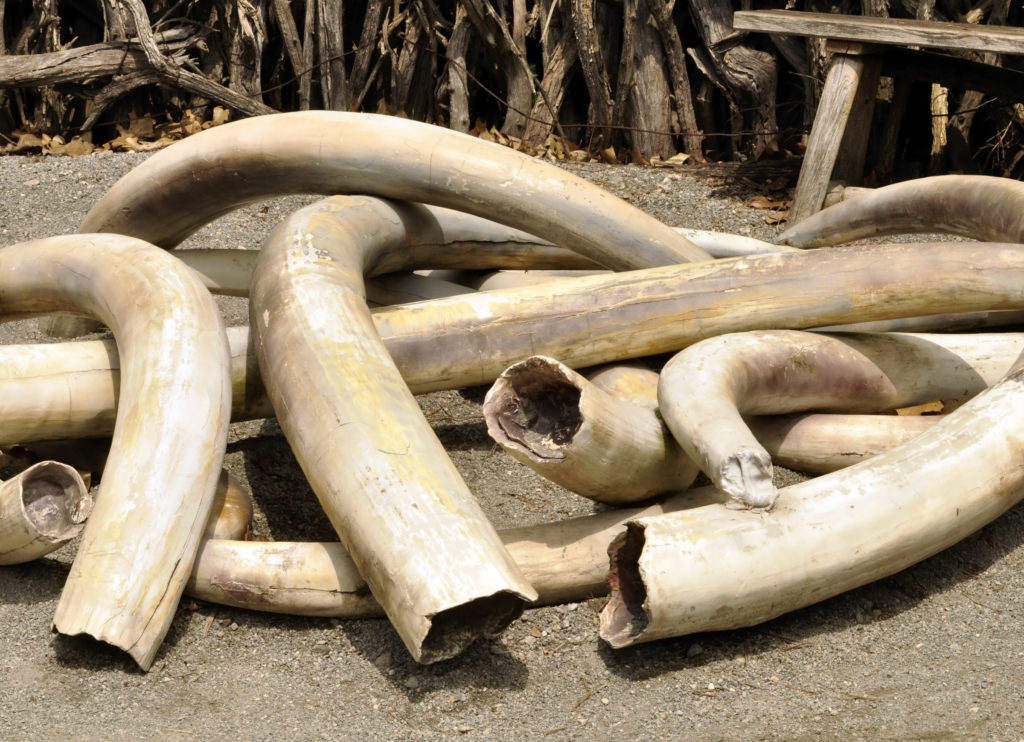
At the end of July, Vietnam released its much-anticipated new directive that expands restrictions on the wildlife trade. The directive bans the import of live wild animals and wildlife products, eliminates wildlife markets, and expands enforcement on the illegal hunting and sale of wild animals, including online sales. Vietnam is a major hub for illegal wildlife products including pangolin scales, elephant ivory, and rhino horns. International reactions to the directive have been mixed. While some conservation groups have welcomed these new measures, others have argued that the new directive merely increases the enforcement of already-existing laws. It remains to be seen if this new directive will have a discernable impact in Vietnam’s fight against the illegal wildlife trade.
The UN Security Council debates climate security

On July 24, 2020 the UN Security Council held an open debate on climate and security. The debate, which was co-sponsored by 10 Security Council Member States, focused on the security dimensions of the climate emergency and its implications for sustaining peace. Germany organized the debate, and recommended three actions for the UN Security Council: 1) to improve information on climate-related security risks through early warming and better expertise within UN Missions; 2) to appoint a Special Representative on Climate and Security to ensure climate risks are integrated in the Council’s work; and 3) to create an informal expert group on climate security risks to ensure that such risks are included in all UN mandates and strategies. While open debates do not prompt immediate action, this discussion unscored the growing recognition of security implications of the climate crisis.
COVID-19 continues to devastate global fisheries
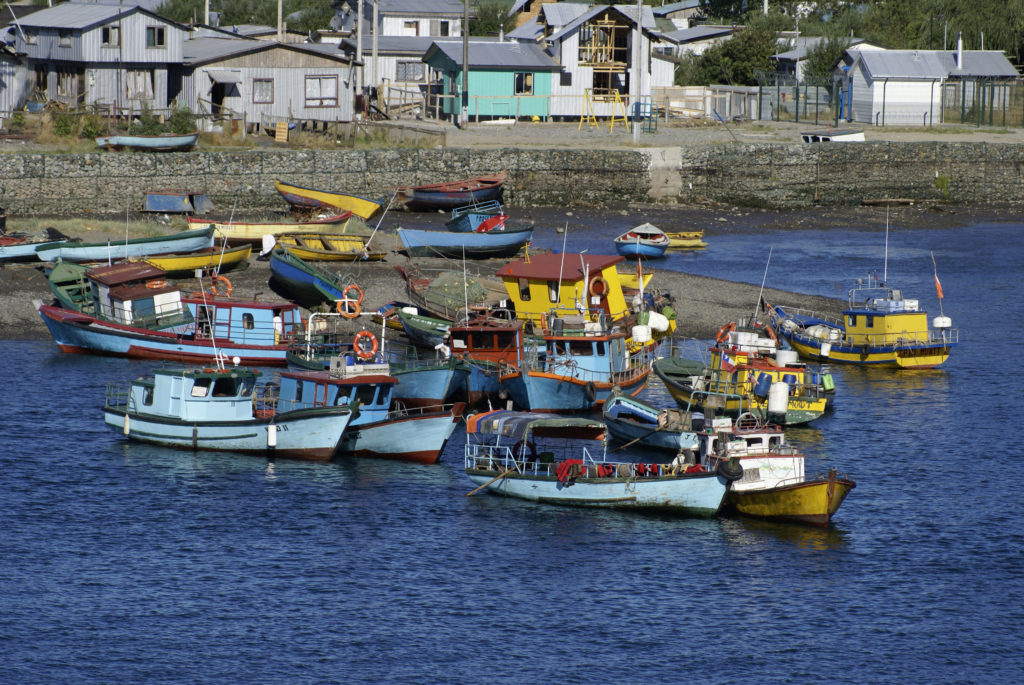
The impact of COVID-19 on the global fishing industries continues, as restrictions on the movement of people and goods remain in place. Puerto Montt, the hub of Chile’s salmon aquaculture sector, entered into quarantine on July 29. While fishing industry workers are categorized as essential workers and exempt from quarantine in Chile, increasing demand from consumers has led to long lines at supermarkets before the lockdown began. In India, the seafood sector in the state of Kerala located on the Arabian Sea has been severely impacted, leading to restrictions on exports and the closure of harbors and landing centers. Internal travel restrictions in India have also led to fisherfolk being stranded. Approximately 20,000 fishers from the neighboring state of Tamil Nadu have had to quarantine in Kerala and will have to furnish proof of COVID-negative testing before being allowed back on vessels. As India’s fishing season has been delayed, the fishing industry continues to incur heavy losses.


